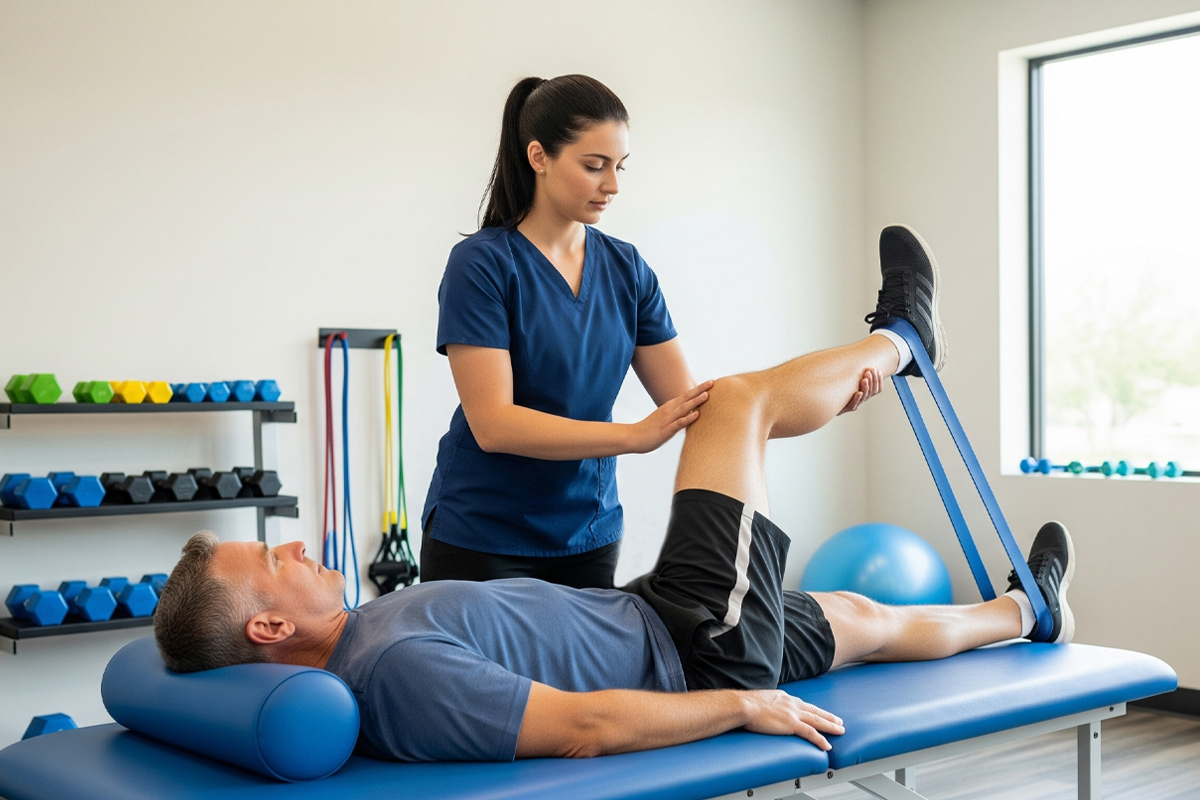Physical Therapist Offer Snow Shovelers Advice to Avoid Injuries during the Winter Season.
As we prepared for the winter weather and considering the amount of snowfall expected this year, the American Physical Therapy Association (APTA) is offering tips on how to properly shovel snow to minimize the risk of injury.
“Snow shoveling is a repetitive activity that can cause muscle strain to the lower back and shoulders, especially if a person is out of condition,” says APTA spokesperson Margot Miller, PT, of Cloquet, Minnesota. “Snow shoveling is also heavy work, so it’s important to pay attention to how you lift.”
Tips to Avoid Winter Back Injuries
Miller suggests the following tips for avoiding back injuries from snow shoveling:
- Lift smaller loads of snow, rather than heavy shovelfuls. Take care to bend your knees and lift with your legs rather than with your back.
- Use a shovel with a handle that lets you keep your back straight while lifting. A short handle will cause you to bend more to lift the load. Using a shovel that’s too long makes the weight at the end heavier.
- Because the spine cannot tolerate twisting as well as it can other movements, it is important to avoid this movement as much as possible. Step in the direction in which you are throwing the snow to prevent the low back from twisting. This will help avoid the “next-day back fatigue” experienced by people who shovel snow.
- Take frequent breaks when shoveling. Stand up straight and walk around periodically to extend the lower back.
- Standing backward-bending exercises will help reverse the excessive forward bending that occurs while shoveling: stand straight and tall, place your hands toward the back of your hips, and bend backward slightly for several seconds.
With proper precautions and the correct snow shoveling technique, injuries to the shoulders and lower back can often be avoided. If you or someone you know has back pain, consult a licensed physical therapist. Physical therapists are experts in restoring and improving motion in people’s lives. They can treat pain without surgery, in many cases, and reduce the need for prescription medications, help patients avoid side effects.
Tip courtesy of www.apta.org
We are always available if you have any questions or need assistance. Call us at 201-941-2240 or visit us atwww.scerbopt.com. You can also follow us on Facebook and Twitter.


